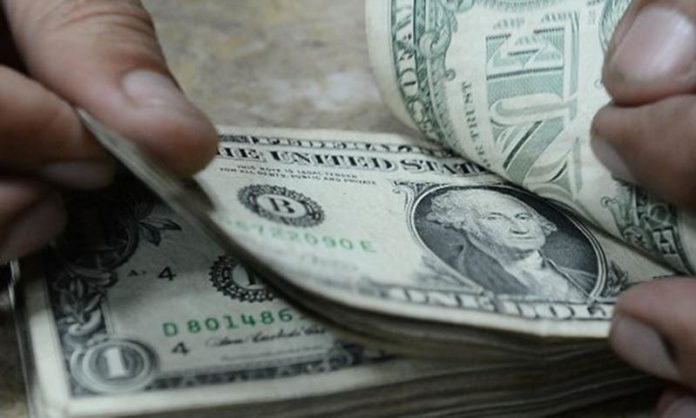KARACHI
The All Pakistan Business Forum (APBF) has said that increase in Foreign Direct Investment (FDI) in 2016-17 reflects the improvement in the security situation, implying that investors had started coming back to Pakistan, as the country has attracted an FDI of $ 2.4 billion, up by 4.6 per cent during 2016-17.
According to State Bank of Pakistan (SBP), after a very long time, FDI has shown an upward trend, where it rose by 4.6 per cent during the last fiscal year.
The country fetched a $ 2.41 billion FDI during July-June of FY17, compared to $ 2.305 billion in the same period of last fiscal year, depicting an increase of $ 105.6 million. During the period, FDI inflows were less than FY16, however, lower outflows posted some increase in the overall FDI.
Net FDI inflows stood at $ 2.813 billion against the outflow of $ 403 million in FY17.
Ibrahim Qureshi said that country’s liberal policies of investment offered one of the most attractive investment regimes in the region.
He said that Pakistan’s trade with the European Union has also increased substantively after the grant of GSP plus status to Pakistan.
APBF president appreciated the government’s resolve to meet the challenges faced by Pakistan in European markets vigorously, suggesting it should devise strategies to promote Pakistani products.
He called upon the trade officers to take advantage of opportunities offered by the China-Pakistan Economic Corridor and growth in Pakistan’s national economy, which was made possible by the strengthening of democratic institutions and improvement of the security situation in Pakistan.
Quoting the figures of the Central Bank, he said that China topped the contributors to FDI as its investment accounted for about 50 per cent. Major inflows were received from the Netherlands, Turkey, France, and UK during July-June of FY17.
China’s total investment in Pakistan stood at $ 1.23 billion, including $ 1.186 billion FDI and $ 48.4 billion Foreign Portfolio Investment (FPI) during FY17.
Ibrahim Qureshi said that despite some increase in foreign investment, the FDI inflows were not sufficient to fully offset the widening in the current account gap. As a result, the country’s liquid foreign exchange reserves declined over $ 1.7 billion during FY17. According to SBP during the period, portfolio investment witnessed downward trend and declined by 66 per cent.
He said that only political will and drastic steps can revive the economy, which should have grown significantly and constantly for visible impact. He advocated the need for raising the country’s tax base so that tax-to-GDP ratio improves from current 9 per cent.
Besides governance challenges, adverse security perception, political instability, and the foreign trade offices’ role, affects the continuity of enhancement in foreign investment, he concluded.




